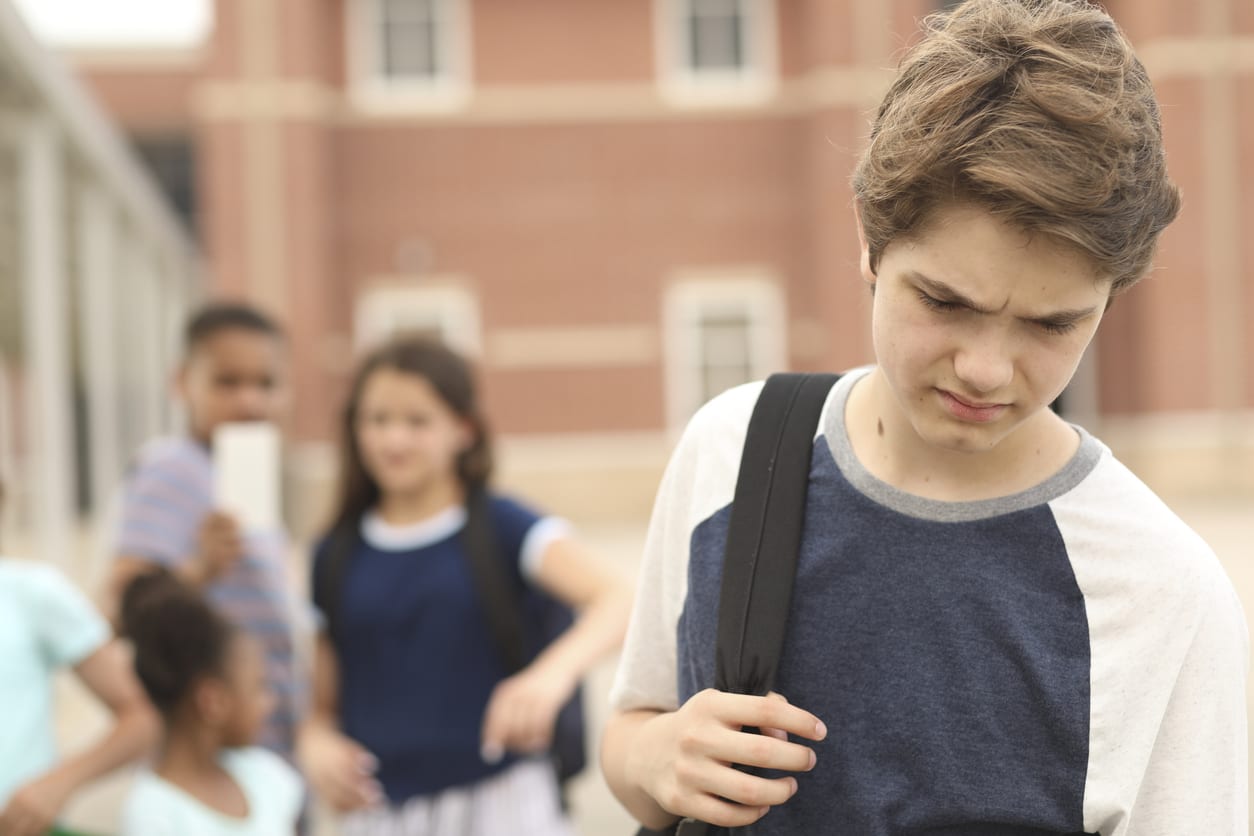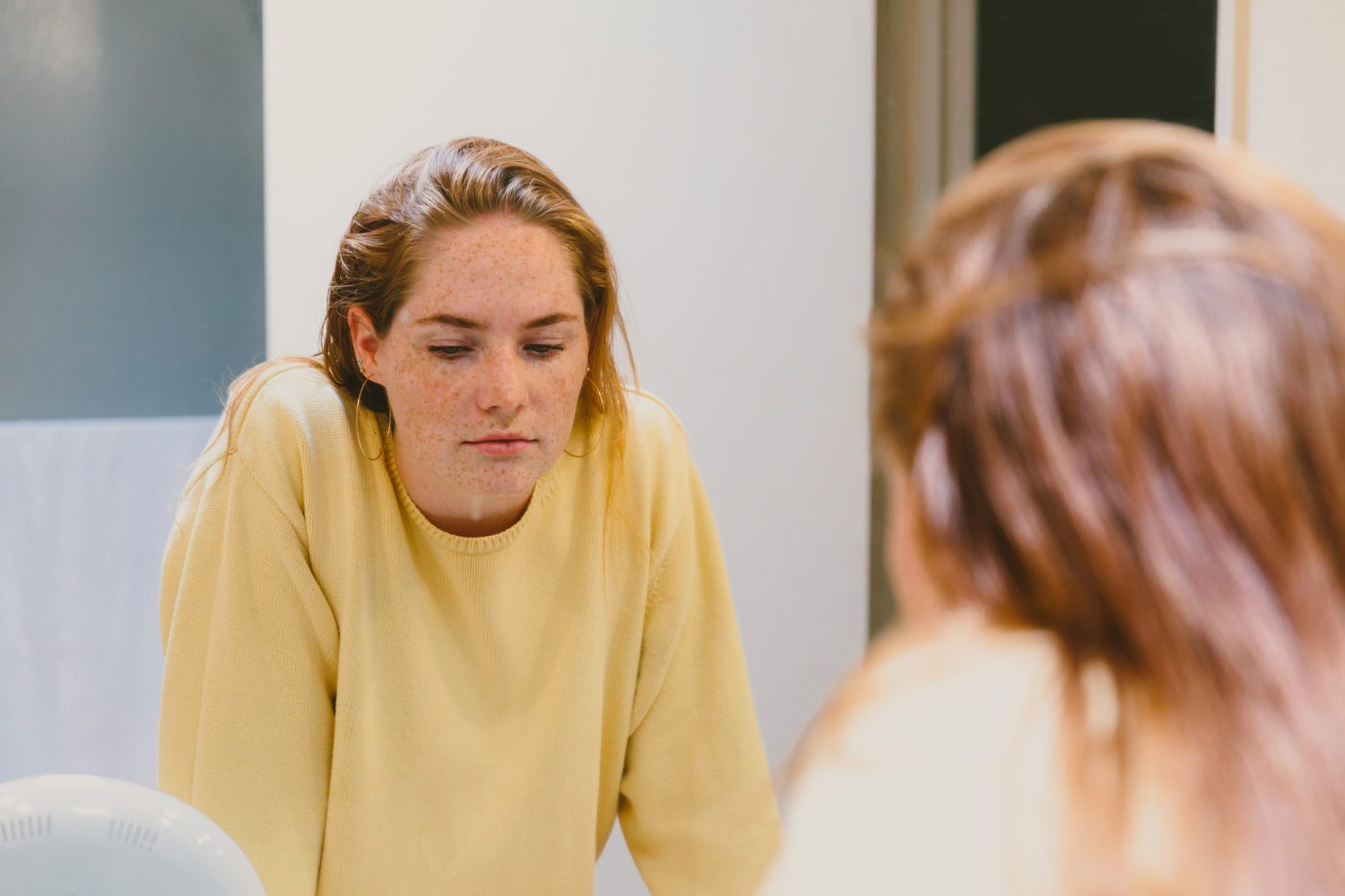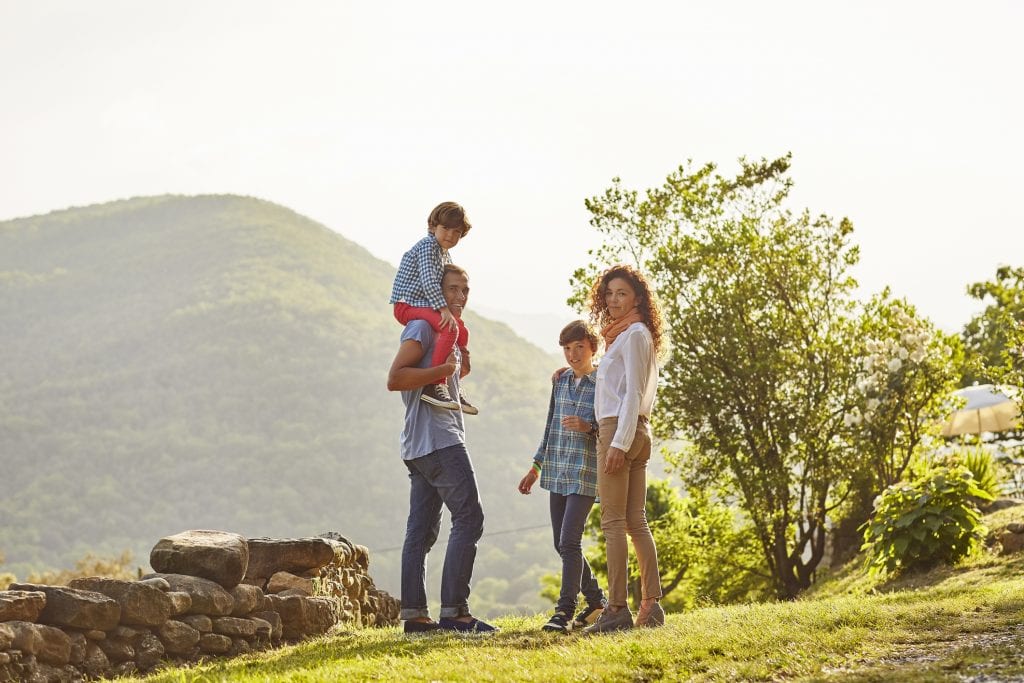It’s not hard to spot it. Cancel culture is everywhere, whether it’s a famous person who shares personal views on social media and faces backlash or somebody who displays poor judgment on video, resulting in public shaming. Calling out behavior that is harmful is good, but public shaming, or defining someone’s life based on a bad moment or an unpopular belief, crosses the line into something else. Cancel culture is real. And it’s having an effect on our kids.
I recently heard that “it’s tough being a parent, but even harder being a kid.” This stuck with me, and it couldn’t be more true. And through cancel culture, people are often being forced into fear and threatened with the idea that “you could be next.” As parents, it’s imperative to learn how to navigate cancel culture with our children. Here are 2 pressures that cancel culture is putting on your kids.
To Start Conforming or Else
It used to be when we disagreed with someone, we could have an open dialogue to discuss our differences, or simply agree to disagree—but not so anymore. Through cancel culture, our kids are being pressured into conformity, which deters them from individuality. And what should be an opportunity to encourage growth and learning by coming together is actually promoting something else in our children: fear that something they say or do could come back to haunt them.
In a culture that isn’t encouraging our kids to engage in a dialogue about tough issues, parents still can. This best happens through having the tough talks and setting the right example. It also practically happens through allowing differences of opinion in your own home that can be discussed with civility and understanding. Opening up conversations about current events as they happen is a great way to navigate cancel culture with your kids. And using something as simple as the family dinner table to have these talks can be a great place to start.
To Stop Being Authentic
In its effort to achieve “accountability,” cancel culture squelches authenticity. We teach our children from the youngest of ages the value of being uniquely themselves, but cancel culture actually does just the opposite. It puts unnecessary pressure on kids to operate out of a fear that they will be punished for saying what they truly think or feel. As a result, kids learn to mask their true identity and stop being authentic. This is not just dangerous for children’s development, but it ultimately leads them to go with the flow and play the part rather than to take a stand or be who they were created to be.
As parents, we can and should encourage the expression of unique thoughts and feelings within our children and within our homes, even if cancel culture doesn’t. Make sure to let your children know that your home is a safe place to express their thoughts and feelings without fear. Also help your children learn how to firmly yet gracefully take a stand for what is right, regardless of the ever-changing winds of what is or isn’t culturally acceptable in the moment.
Sound off: In what other ways have you seen cancel culture impacting your children?











Huddle up with your kids and ask, “What do you think is one of the hardest things to take a stand for?”